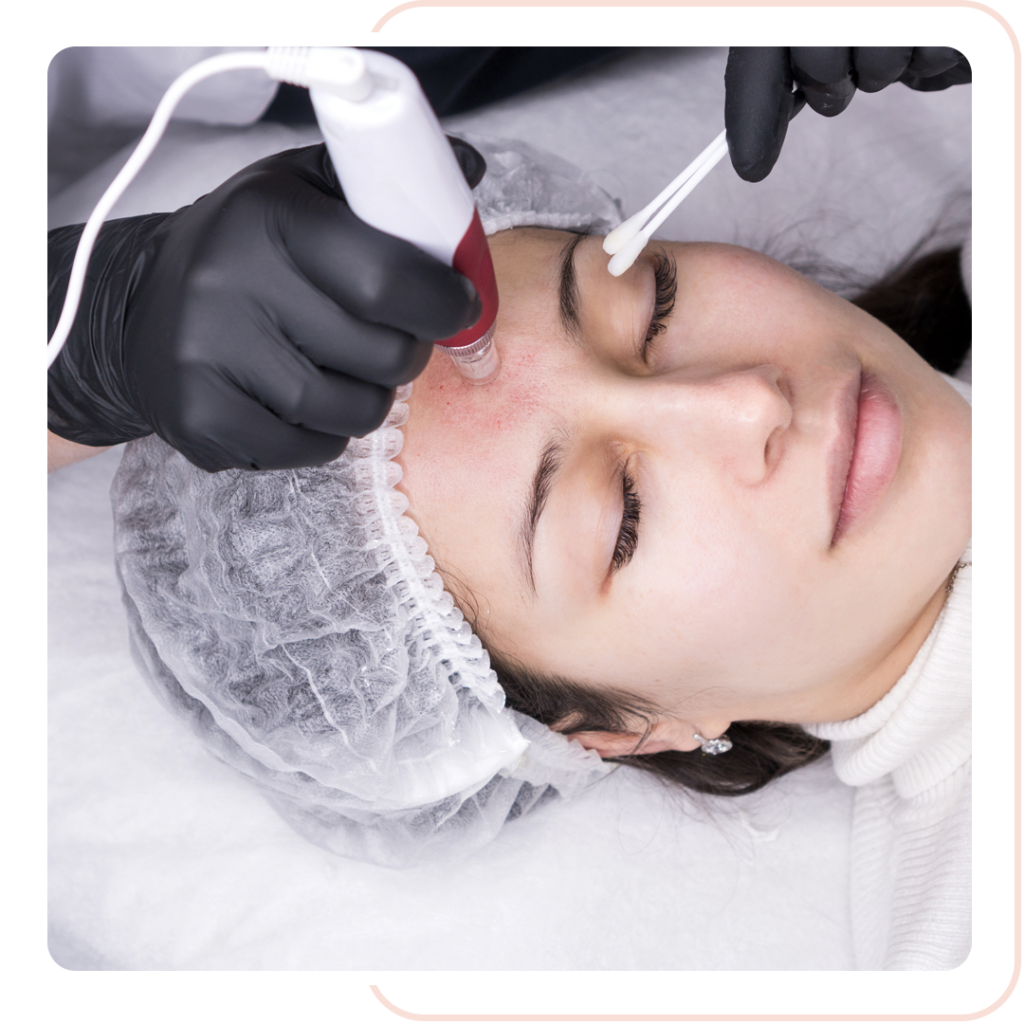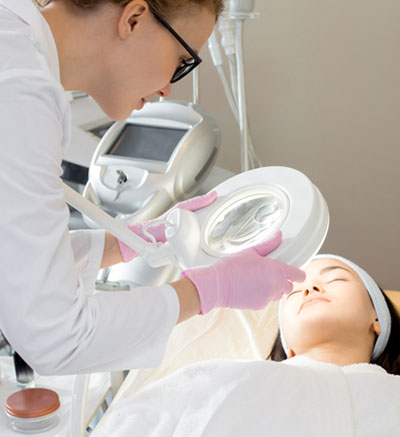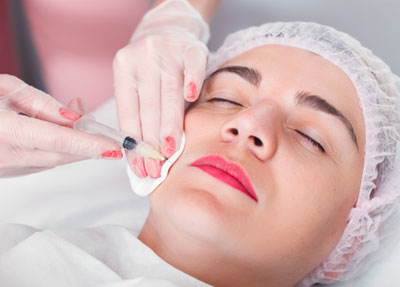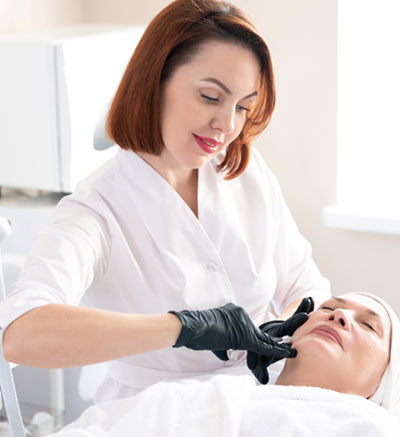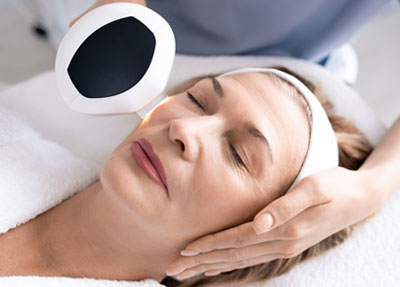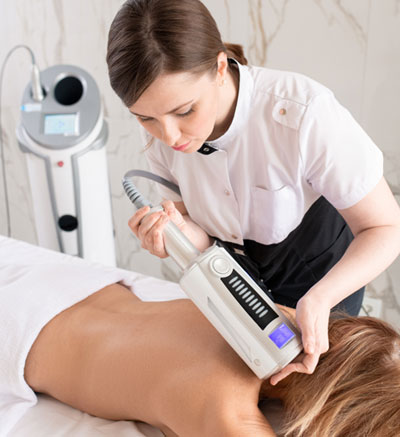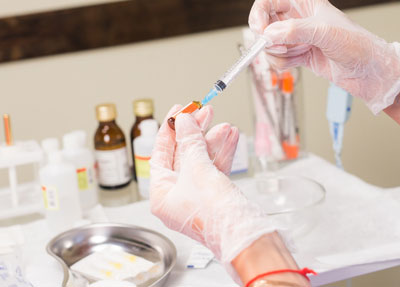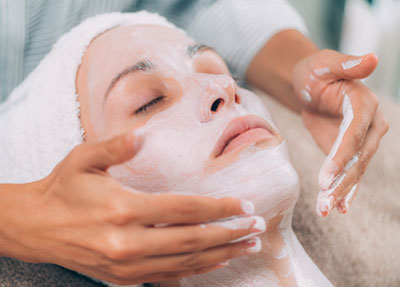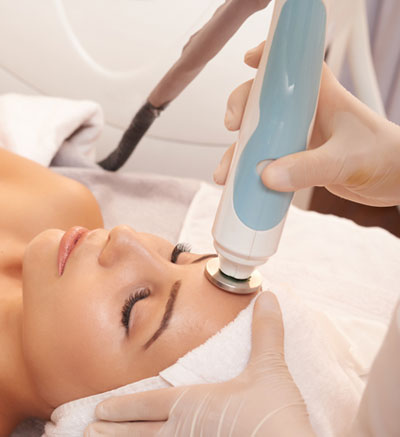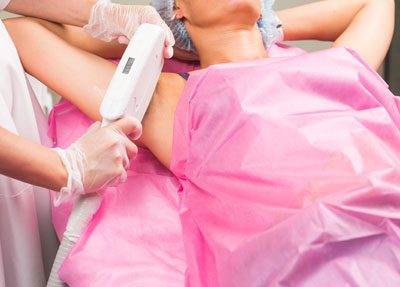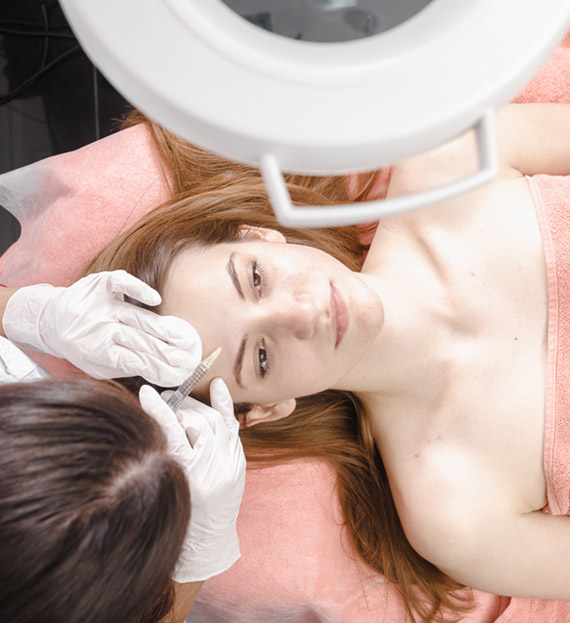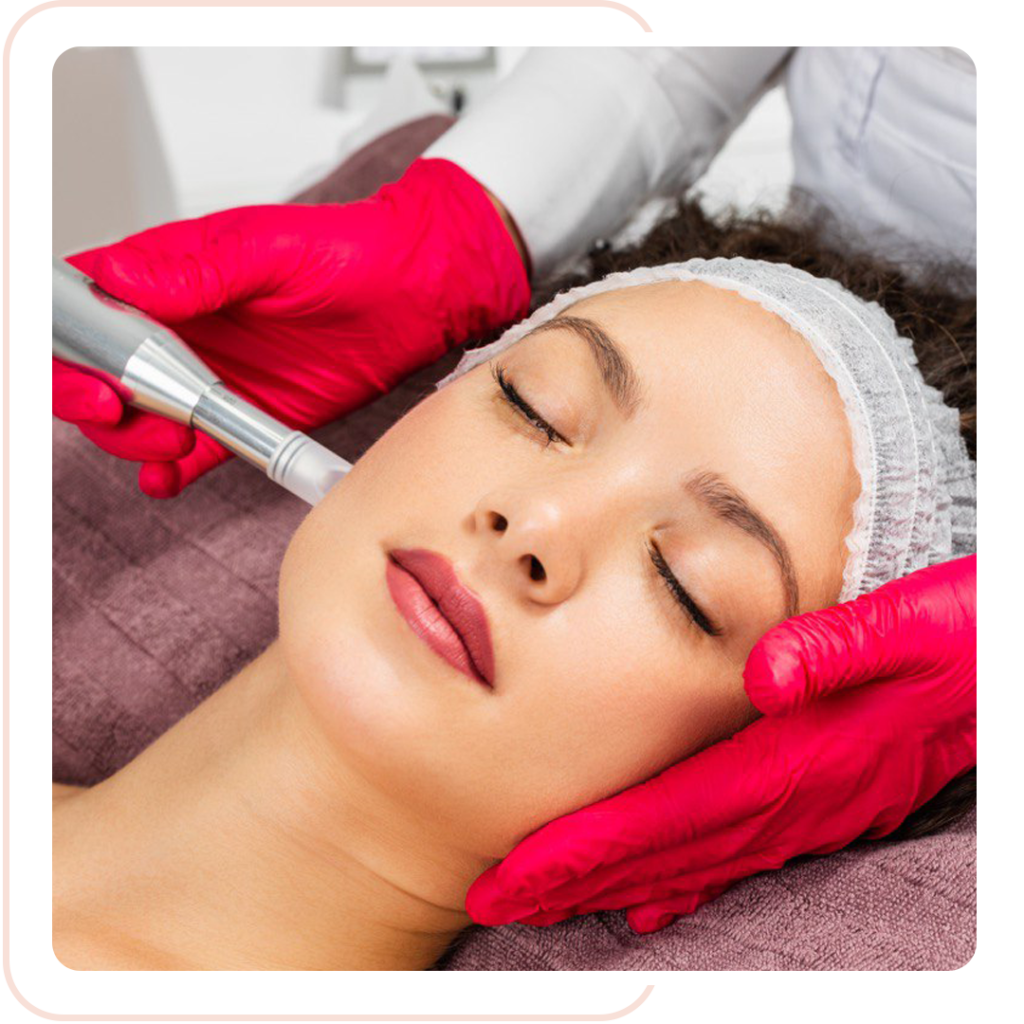
What is Microneedling?
Microneedling—also known as collagen induction therapy—is a minimally-invasive treatment using thin needles, the needles Increased collagen production. Microneedling pen is used to create small holes in your skin; the longer the needles, the more layers of skin are penetrated. These holes are micro-injuries that your body must repair and it’s this repair session that encourages your body to boost collagen production in the affected areas. Collagen is a protein that promotes smooth skin and, unfortunately, we produce less of it as we grow older.
procedure can help reduce the appearance of skin concerns such as acne scars, stretch marks or wrinkles. Most people get microneedling for cosmetic purposes, but it can also help with some medical conditions.
What are the benefits of microneedling?
Microneedling can help improve the appearance and texture of your skin. It can minimize stretch marks, scars, wrinkles and other skin concerns. It doesn’t carry the risk of skin discoloration, unlike some facial rejuvenation procedures.
Most people get microneedling on their face, but you can also get it on your legs, back, neck or other areas where you notice damaged or aging skin. You’ll probably need multiple treatments to achieve your desired results.
Who gets Microneedling?
Microneedling has cosmetic and medical uses. You might consider microneedling if you’re concerned about:
- Enlarged pores.
- Fine lines or wrinkles.
- Loose or crepey (thin and wrinkled) skin.
- Mild scars, especially those from acne or burns.
- Skin discoloration or uneven skin tone.
- Stretch marks.
Who shouldn’t have Microneedling?
- Acne or are taking medication for acne.
- Blood disorders or are on anticoagulants (drugs that prevent blood clots).
- Cancer and are receiving chemotherapy or radiation therapy.
- Frequent skin rashes (contact dermatitis) or cold sores.
- Keloidal tendency (your skin forms hard, raised scars).
- Moles, freckles, skin tags or other growths that change in size or shape or bleed.
- Skin conditions such as eczema or psoriasis.



